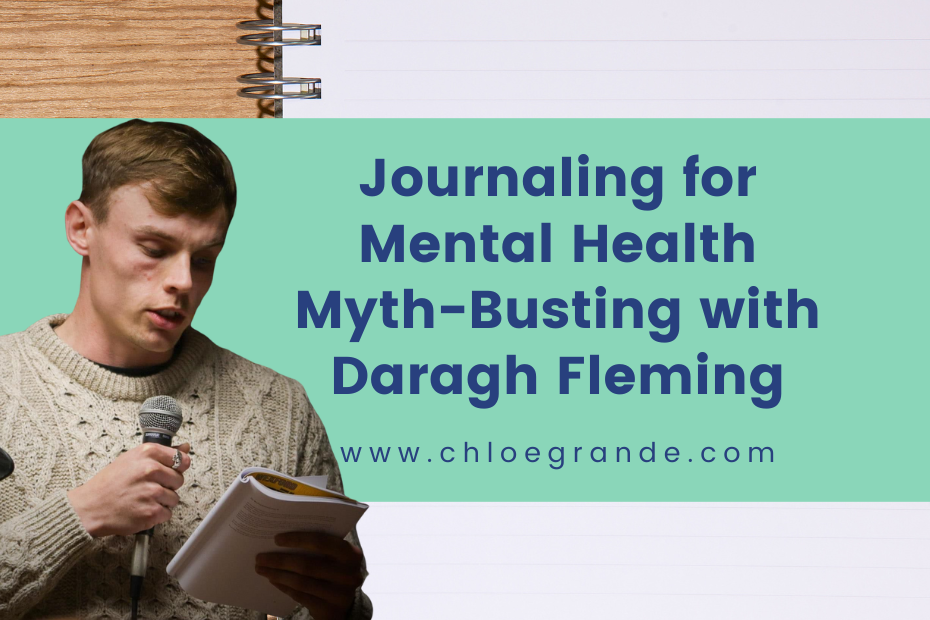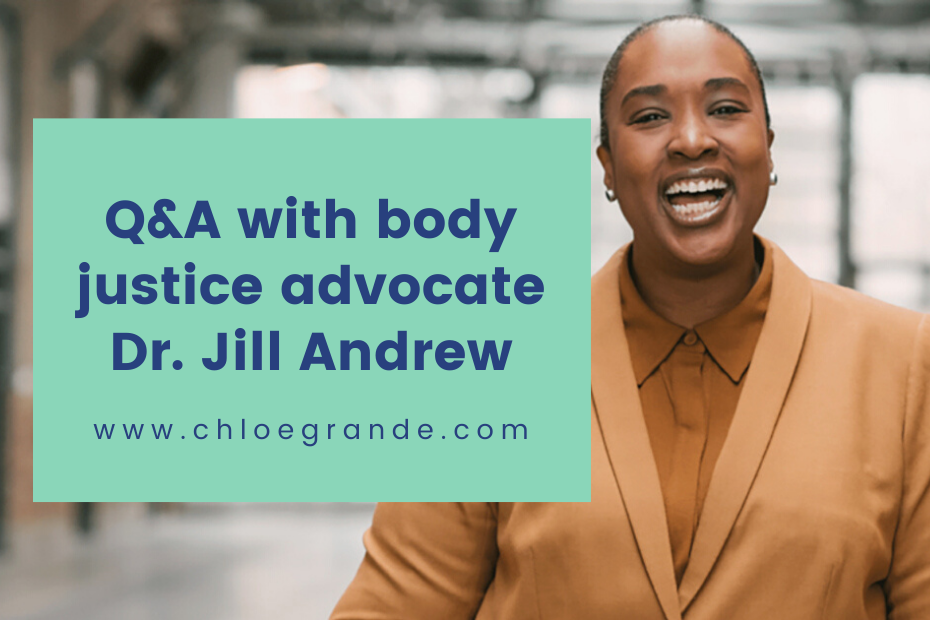Can journaling be life-transforming? Maybe. Can it improve your mental health? Most likely. Are there endless misconceptions and myths about journaling? Definitely.
Besides eating disorder recovery, journaling is another topic that’s close to my heart. I’ve been keeping a journal for over 20 years, ever since I was seven years old. It’s even played a part in my recovery journey.
As I’ve grown my business from eating disorder recovery blogging to doing more speaking and workshops, I’ve discovered that my journaling workshops are one of the most popular requests. Whether for student or corporate audiences, these workshops seem to resonate to folks of all ages and backgrounds.
I’ve also started to notice a pattern – without fail, the majority of attendees are women. I can count on one hand the number of men who have attended my journaling workshops. But why? What is it about journaling that seems to attract more women than men? I’m a firm believer that writing about your inner thoughts and feelings can be a beneficial exercise to anyone, whether you’re a 7-year-old girl or a 37-year-old man.
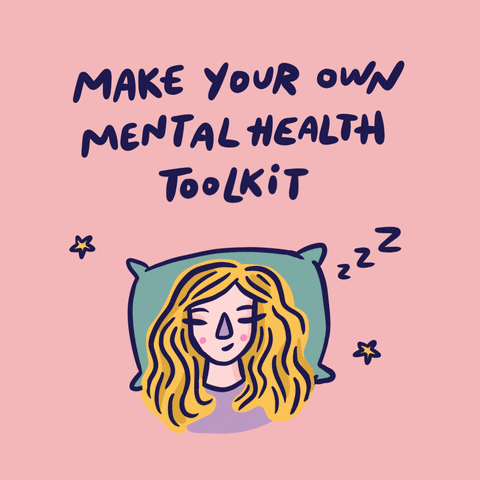
So, when fellow mental health blogger Daragh Fleming and I crossed paths virtually at the Mental Health Blog Awards in July 2022, I was intrigued to hear that journaling played a role in his mental health journey, too. He mentioned the practice during a presentation on his non-negotiables for creating a foundation of well-being.
Based in Ireland, Daragh is an author and mental health advocate. His debut in non-fiction, Lonely Boy, is a collection of essays on mental health. The book explores what it’s like to survive the tragic suicide of his best friend, crippling panic attacks and the loneliness of navigating young adulthood. (And it’s next on my Kindle reading list!)
In this Q&A, I get Daragh’s big thoughts on journaling: how it led to his debut nonfiction book, how it’s changed his life and how journaling helps tap into his own masculinity.

Q: What tips or advice would you share with someone who wants to journal more?
A: I think the part I always struggled with initially was ‘writing the right thing’. As if there were a right and wrong way to write down how we feel. Or that it had to be about a specific subject and everything else was pointless. But none of that is true.
If you’re to start journaling, I’d suggest sitting down with a pen and notebook and writing whatever comes to mind first. No matter what it is. Just write it down. And then write the next thing. Don’t censor yourself. Don’t avoid anything. Eventually, you’ll get to where you need to be going. It’s a brain dump, really. You just need to get it all out.
Q: What's the biggest impact journaling has made on your mental health?
It has drastically improved the relationship I have with myself. I understand myself better. Journaling helps us to get to know ourselves, which is something we rarely do because we think we know everything we need to know. Lonely Boy, my book, started as a journal. It essentially is my journal. Writing that has helped me to work through things I’ve always struggled with.
Not to be dramatic, but journaling can completely transform your life satisfaction if you stick with it.
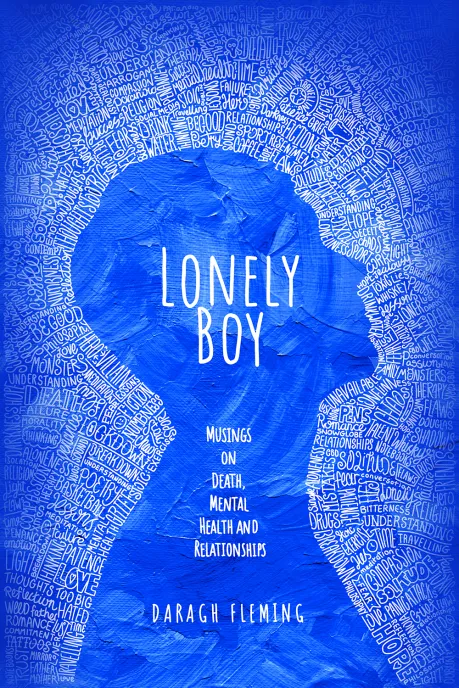
Q: What's a misconception about men who journal that you'd like to dismantle?
A: I think there’s this idea that journaling is effeminate – that it somehow takes away from a person’s masculinity. But journaling allows you to understand your emotions, and through this, control them. And I would argue that a real man is someone who can control his emotions, rather than be controlled by them. So, in a way, journaling can help men to be men. Rather than taking away from their masculinity, it adds to it.
Every man I’ve ever looked up to, from Marcus Aurelius to my father, has been aware of, and in control of their emotions. Journaling isn’t the only vehicle to bring this about, but it’s a pretty effective one.
To learn more about Daragh, visit his blog Thoughts Too Big, follow him on Instagram or check out his Linktree.
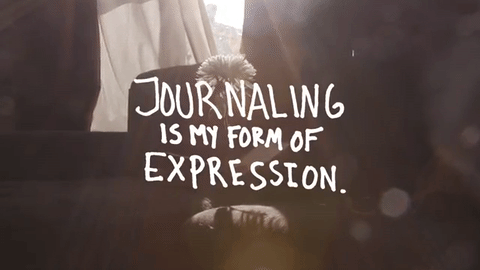
One of my dreams has always been to publish a book that includes snippets from journal entries, so it’s encouraging to see how Daragh accomplished this with his own writing.
Our conversation prompted me to flip back to old journal entries and reflect on the ways I’ve grown. It can be such subtle, small shifts that we may not notice until forced to look back. Perhaps we’ve recognized harmful triggers more quickly, perhaps we’ve turned to healthier coping mechanisms, or perhaps it’s just that we’ve taken the time to write, reflect and muddle through tricky emotions.
Whether we’ve been journaling for decades or months, there’s no doubt how impactful the practice can be on our mental health. We don’t need to get up at the crack of dawn to fill countless pages with our deepest, darkest thoughts. Like Daragh mentioned, there’s no “right” way to journal. Start small, keep it enjoyable and see where it leads you – maybe you’ll even end up writing your own book.
